A Clean, Well-Lighted Place for Convenience
Charlie Reichenau spent years building a successful seven-store enterprise without scanning or a back office system. After adding SSCS software, he had enough time and money to buy five more.
Texas Hill Country is big, wide, and beautiful. It begins north of Austin, continues south to San Antonio, and sweeps west for hundreds of miles. Though the two metropolitan hubs are part of the 25 counties that comprise the region, the area is best defined by what you find outside its population centers: expansive terrain characterized not only by hills cloaked in green, but by rolling plains, woods, canyons, valleys, rivers, and an abundance of caverns due to its unique topography.
Here you can go for miles without seeing another human being, but the area is anything but deserted. Pastoral towns with names like Boerne, Eden, Junction, Mason, and Rocksprings dot the countryside, close knit communities that in many cases are made up of only a few thousand residents. Here friendships go back generations, neighbors keep an eye out for each other; there’s a sense of shared, mutual experience that you tend not to find in more crowded, less rural areas.
If you’re a potential visitor looking for the best place to experience the flavor of small town Texas Hill Country, you would be well-advised to visit one of the ten Short Stop convenience stores owned by Charlie Reichenau, in particular those operating in the more remote, less populated towns. Here the Short Stop serves as a community center, a comfortable place where locals gather each morning before work to shoot the breeze, drink coffee, and partake in one of chain’s signature offerings—freshly made, from scratch breakfast burritos.
“We start at five in the morning in our Mason and Rocksprings stores and go through three or four batches, the last for school kids and their parents,” says Reichenau. “The stores that serve them are so popular that most mornings it’s hard to find a spot in the parking lot.”
Upon receiving his degree in business from Angelo State University, Reichenau, who grew up in Hill Country, worked as a Procter & Gamble sales representative. A little more than five years later he bought an interest in a small supermarket in Mason, although he already was drawn to the prospect of owning a convenience store. Though he stayed involved with the supermarket for ten years, after his first year there, in 1976, he built his first convenience store.
“I’ve always loved retailing and owning a convenience store was in the back of my head for a long, long time,” recalls Reichenau. “In fact, becoming a convenience store owner was a dream of mine. I’m fortunate I get to live that dream in the place where I was born and raised.”
Far from being an overnight success, Reichenau built his operation over the years, decades really, carefully assessing each potential location and getting a sense of whether it would be a good fit for his enterprise. “The key to being successful around here is to understand what your small town customers want,” he says. “We become their destination for lots of different things because they don’t have a lot of choices. They really come to depend on us.”
One proven strategy for Short Stop has been the delivery of a variety of food service options. Top-of-the-line delis serve fresh food and other favorites, like hamburgers. A partnership with Piccadilly Circus Pizza is a proven success.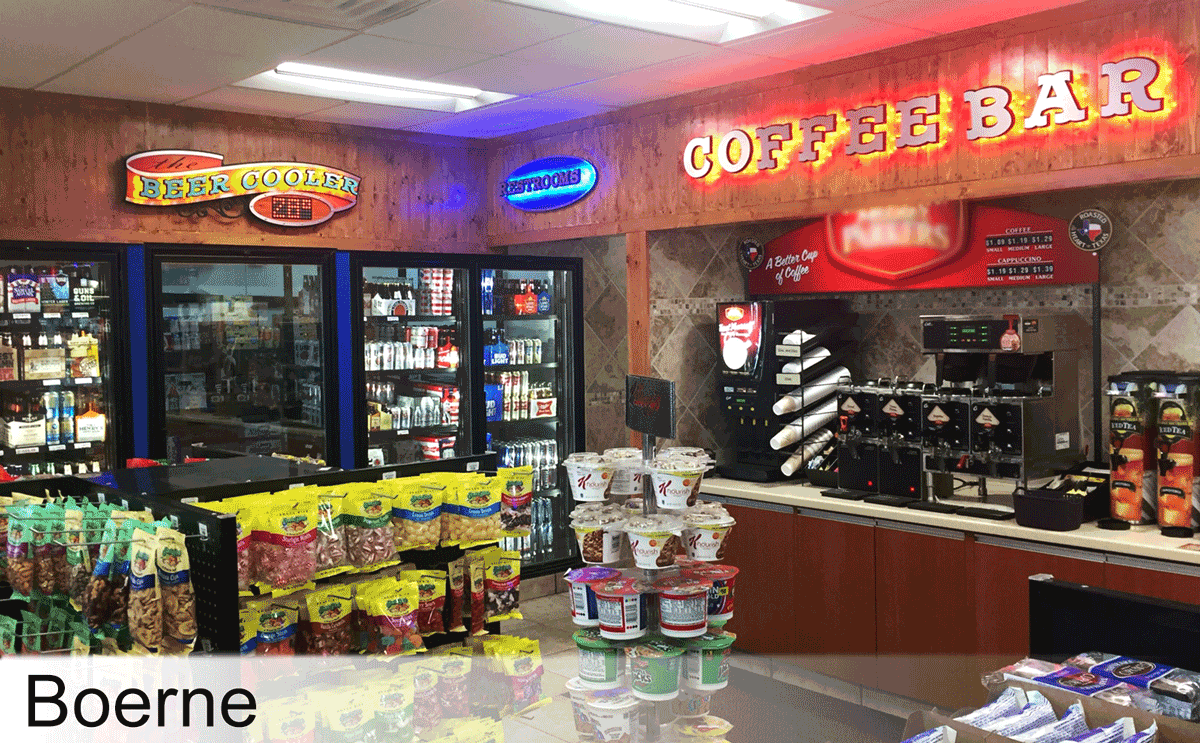
In addition to offering items of general appeal, Reichenau mixes in items of specific interest to his markets, such as deer corn, bags of cleaned kernels that are used to attract deer for hunting or other purposes. He stocks it all year round while his competitors only carry it seasonally. “That’s one of the things that gives our stores an identity,” he says. “Customers know we are going to have deer corn for them whenever they want it.”
The success of the Short Stop stores is more than just finding the right product mix, though; it’s the care the staff shows toward their customers. “I believe customer service really makes a difference in small towns where people are used to the personal touch,” Reichenau explains. ”The small things can really have a strong positive impact on how people see your store, like having a clean interior and bathroom. We feel so strongly about this that our stores close to the highway place signs that advertise clean restrooms in clear view of passing motorists.
“I even had one lady call me personally to tell me how much she liked the care we took in maintaining our restrooms. She’d been driving by one of our stores every day, but shopping with a competitor on the other side of the road in the direction she commuted. One day, for some reason, she had to drive the opposite way and stopped in at our place to use the restroom. It made an impact—she’s never gone back to the competitor.”
Having the right management team in place is important to Reichenau as it helps ensure outstanding service across stores. While he admits the challenges of keeping employees in a small town, he’s been fortunate to have a core team of tenured managers with 10–15 years of experience. Two ladies have been with him for more than 40 years.
“Our biggest asset is our managers and our employees and we let them know that’s the case as much as we can,” Reichenau notes. “We try to treat them like they want to be treated—keeping your employees happy means showing respect for them, and any manager we hire has to have the same attitude. Just like you have to have a personal connection to your customers in a small town, you have to have the same with your employees. It’s not just being nice; it’s a real thing that can give us a competitive advantage.”
Reichenau works in the company’s office building in Mason, with Debbie, his office manager, who takes a leading role in keeping his stores on track by handling thorny issues and orienting new managers. Also key is Reichenau’s son, Clint, who has been in the business with his dad since 1992. He works out of the Eden store taking care of it and the two stores closest to it in Ballinger and San Angelo.
As you might expect, C-store back office technology, specifically SSCS technology, plays a large role in Short Stop’s success, but what you might not guess is that the 40-year old chain didn’t use back office software or a scanning solution for inventory management until just a few years ago. “When we added our seventh store I started getting the feeling that this was as far as we could go with the setup we were using,” remembers Reichenau. “I began to pay more attention to my buddies in the convenience store business that were scanning their stores and processing information with back office software. Over time I realized that it was something we had to look into, especially because other operators kept asking me how the heck I could still operate in the Dark Ages.
“So I began to look more closely at what was available, and eventually went with SSCS. The impact was immediate; we began to grow at a faster rate than was previously possible. Going with SSCS turned out to be a great decision for a lot of different ways.”
In Part Two find out more about what went into Charlie’s decision-making and how SSCS has helped his business grow and profit.

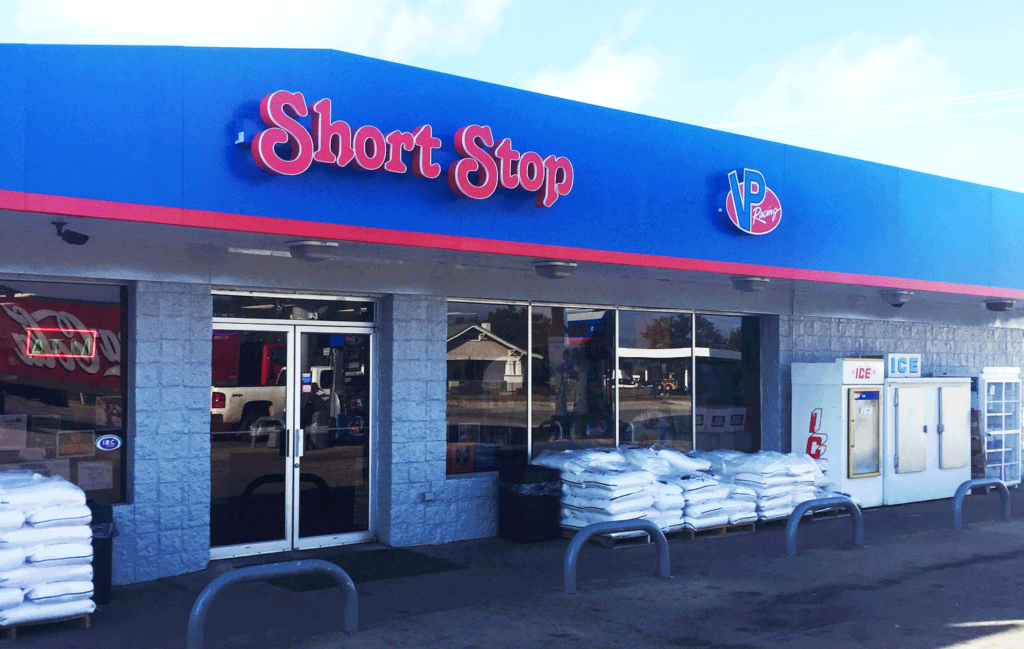
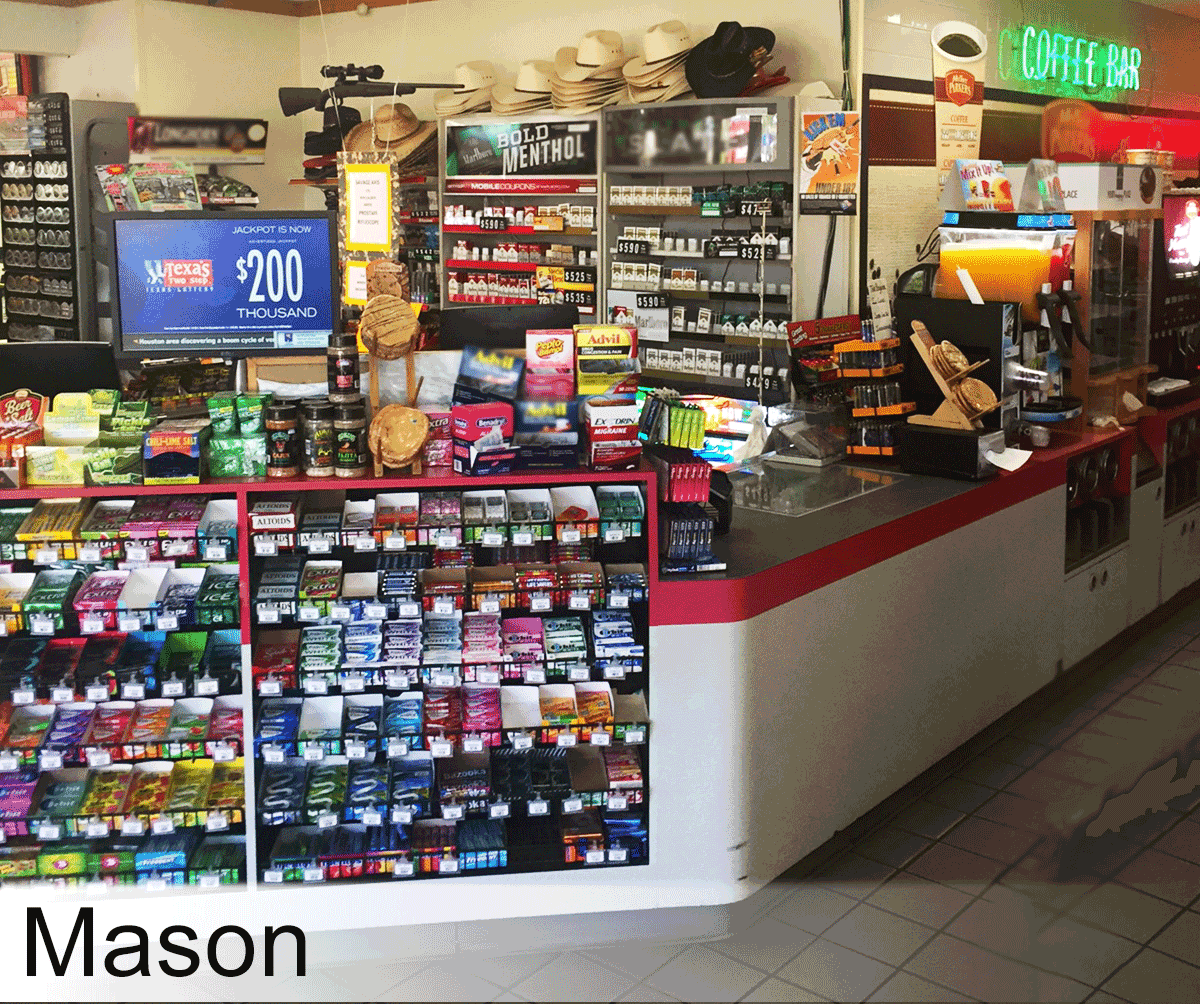
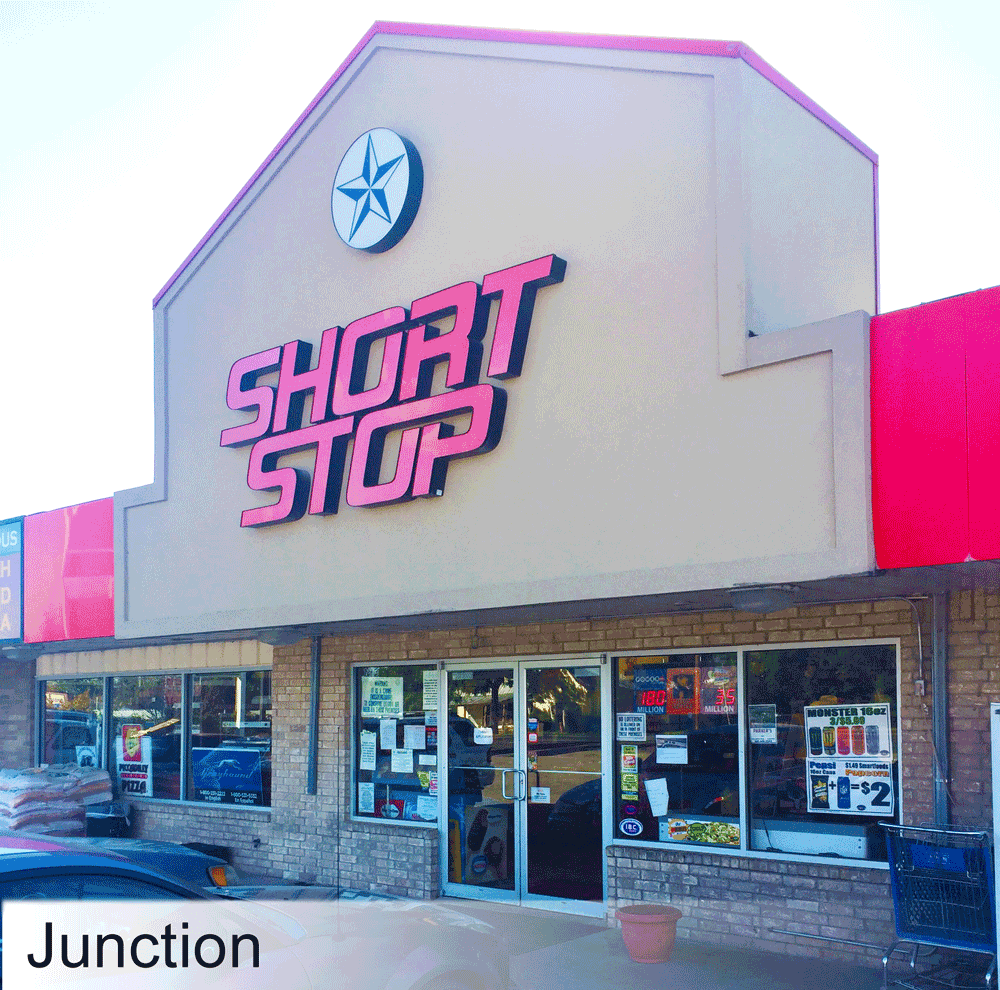



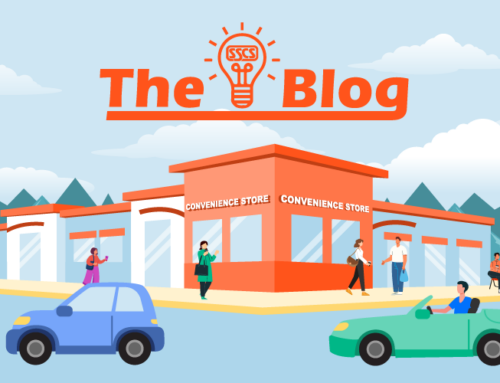
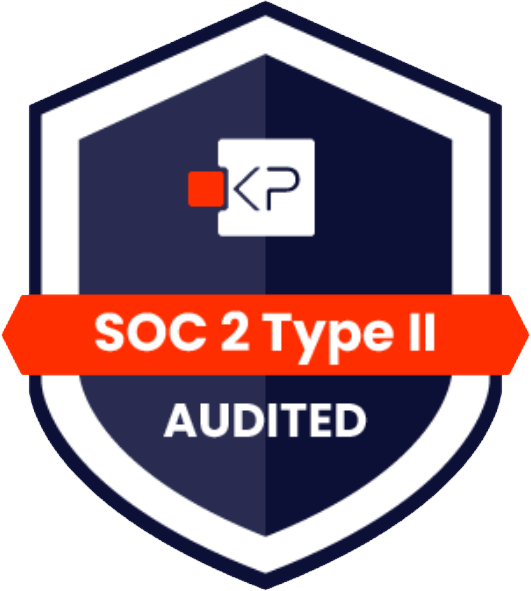
Leave A Comment